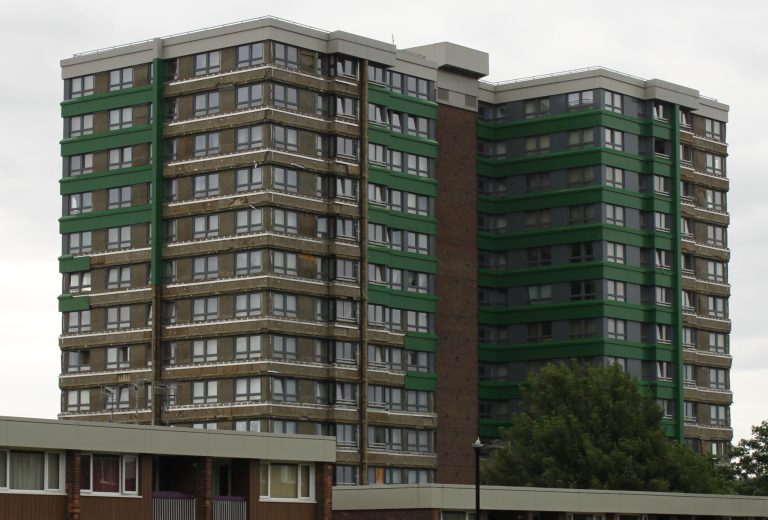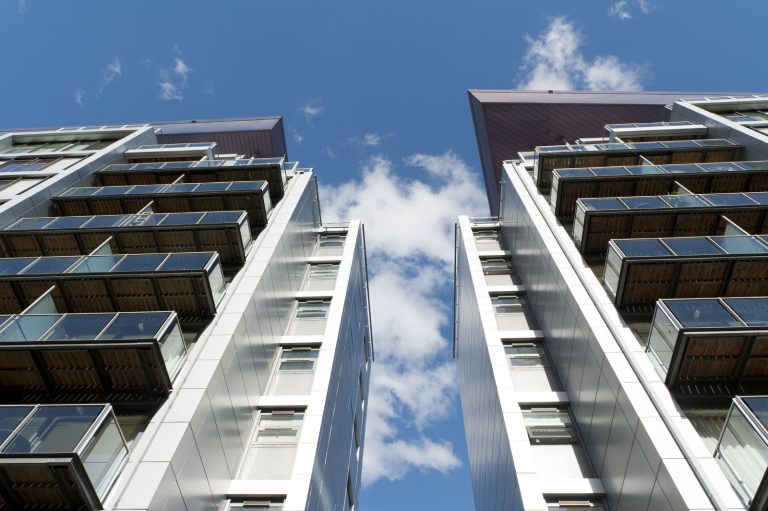Bureau Veritas has welcomed the Government’s recent response to the Housing, Communities and Local Government Select Committee’s proposals on the Hackitt report, stating that many of recommendations on fire safety and construction will “undoubtedly” result in a safer built environment. Following the publication in May of the Hackitt report into the Grenfell tragedy, the Housing, Communities and Local Government Select Committee was tasked with summarising the findings of the independent review on building regulations and making a series of recommendations for the Government to consider. One such proposal already given the green light is the ban on combustible cladding, which will apply to all high rise residential buildings. Andy Lowe, director of building control at Bureau Veritas, comments: “The Government’s response to the Housing, Communities and Local Government Select Committee’s recommendations includes many good points, which will undoubtedly result in a safer built environment. “However, there remain gaps in implementation that will require a concerted effort from all engaged in the construction industry in order to gain the confidence of the general public in terms of creating safer buildings. “While the ban on combustible materials in cladding will apply to all high rise residential buildings, the select committee also considers this applicable to new schools, hospitals, care homes, student accommodation buildings in England with a floor above 18m. It remains to be seen if funders and insurers will go even further in this aspect and extend the ban to all types of buildings. “The Committee has also called for a retrospective ban of this material on existing buildings but this is a complex issue and a fire safety assessment process is favoured for those buildings. The Government has stated it favours such a ban and even if you have lodged a Building Regulation application, unless works are commenced on a site, then the ban would be effective. Existing buildings would be subject to review and any material alteration works would then see the ban enforced on the cladding being replaced. “The compulsory use of sprinklers in existing buildings was also another important point highlighted by the committee, which the Government has said it will take into consideration. Currently in Wales and Scotland, residential properties are already subject to sprinkler installation requirements at a lower height than in England. If the Government does legislate this aspect in England, it will be interesting to see if it can provide the necessary funding to retrofit local authority-owned buildings. “In a bid to provide complete transparency, the Government is also considering tightening product testing, involving technical aspects where although some of materials can be used safely, the mechanism to allow that needs to be more rigorous. Any new testing would need to be thorough and reflective of what is actually being built rather than the current BS8414 test. “Later this year, the Government will also release an updated Approved Document B with precise definitions and clearer guidance on all aspects of fire safety including cladding.” Bureau Veritas is a leading testing, inspection and certification company with a vast experience of the building control sector. Bureau Veritas Building Control UK combines technical expertise and market-leading systems with unrivalled industry experience to deliver building control services to some of the biggest names in construction. For further information, call 0345 600 1828 or visit www.bureauveritas.co.uk






